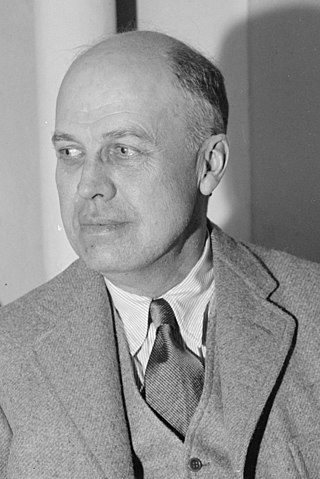
Edward Hopper was an American realist painter and printmaker. While he is widely known for his oil paintings, he was equally proficient as a watercolorist and printmaker in etching.

The Hirshhorn Museum and Sculpture Garden is an art museum beside the National Mall in Washington, D.C., United States. The museum was initially endowed during the 1960s with the permanent art collection of Joseph H. Hirshhorn. It was designed by architect Gordon Bunshaft and is part of the Smithsonian Institution. It was conceived as the United States' museum of contemporary and modern art and currently focuses its collection-building and exhibition-planning mainly on the post–World War II period, with particular emphasis on art made during the last 50 years.

Nighthawks is a 1942 oil-on-canvas painting by the American artist Edward Hopper that portrays four people in a downtown diner late at night as viewed through the diner's large glass window. The light coming from the diner illuminates a darkened and deserted urban streetscape.

Joseph Herman Hirshhorn was an entrepreneur, financier, and art collector.
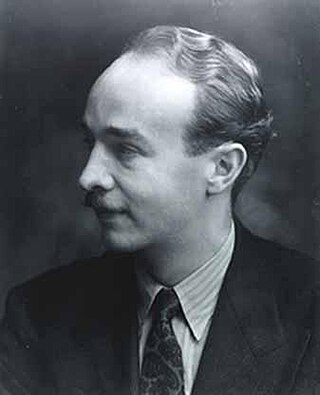
John Koch, was an American painter and teacher, and an important figure in 20th century Realism. He is best known for his light-filled paintings of urban interiors, often featuring classical allusions, many set in his own Manhattan apartment.

Irene Rice Pereira was an American abstract artist, poet and philosopher who played a major role in the development of modernism in the United States. She is known for her work in the genres of geometric abstraction, abstract expressionism and lyrical abstraction, as well as her use of the principles of the Bauhaus school. Her paintings and writings were significantly influenced by the complex intellectual currents of the 20th century.

Chop Suey (1929) is an oil painting on canvas by the American artist Edward Hopper. The foreground of the work portrays two women in conversation at a restaurant. In November 2018, it was sold at $92 million, a record price for the artist's work.

Kenneth Hayes Miller was an American painter, printmaker, and teacher.
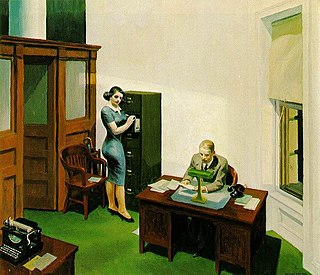
Office at Night is a 1940 oil-on-canvas painting by the American realist painter Edward Hopper. It is owned by the Walker Art Center in Minneapolis, Minnesota, which purchased it in 1948.

Throwback is a public artwork by American artist Tony Smith, located at the Hirshhorn Museum and Sculpture Garden in Washington, D.C., United States. This version is the third of an edition of three in the series with one artist's proof.

Antipodes is a public artwork by American sculptor Jim Sanborn located outside of the Hirshhorn Museum and Sculpture Garden in Washington, DC, United States.

Last Conversation Piece is a public artwork by Spanish sculptor Juan Muñoz in the collection of the Hirshhorn Museum and Sculpture Garden in Washington, DC, United States. The piece is currently on loan to The Contemporary Austin.

Hotel Lobby is a 1943 oil painting on canvas by American realist painter Edward Hopper; it is held in the collection of the Indianapolis Museum of Art (IMA), in Indianapolis, Indiana, United States.

King and Queen is a bronze sculpture by Henry Moore, designed in 1952. It depicts two figures, one male and one female, seated beside each other on a bench, both facing slightly to the left. It is Moore's only sculpture depicting a single pair of adult figures. Moore's records suggest it was originally known as Two Seated Figures.

Arcadia is a c.1883 painting by Thomas Eakins, Goodrich #196. It is part of the collection of the Metropolitan Museum of Art, in New York.
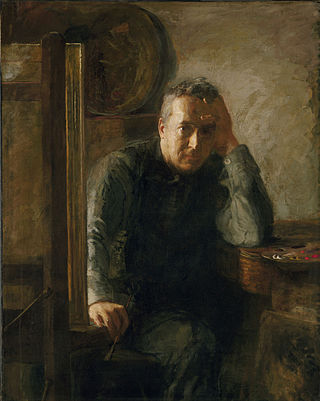
Charles Bregler was an American portrait painter and sculptor, and a student of artist Thomas Eakins. Bregler wrote about Eakins's teaching methods, and amassed a large collection of his minor works, memorabilia and papers. Following Bregler's death, his widow safeguarded the Eakins collection for decades before selling it to the Pennsylvania Academy of the Fine Arts.
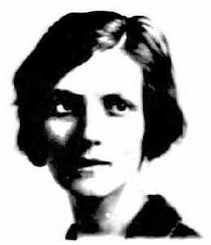
Alice Acheson was an American painter and printmaker.
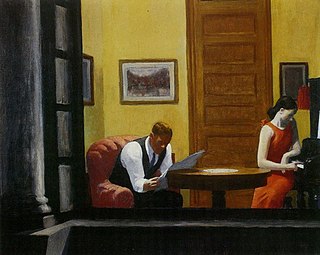
Room in New York is a 1932 oil-on-canvas painting by the American artist Edward Hopper that portrays two individuals in a New York City flat. It is held in the collection of the Sheldon Museum of Art. The painting is said to have been inspired by the glimpses of lighted interiors seen by the artist near the district where he lived in Washington Square.


















